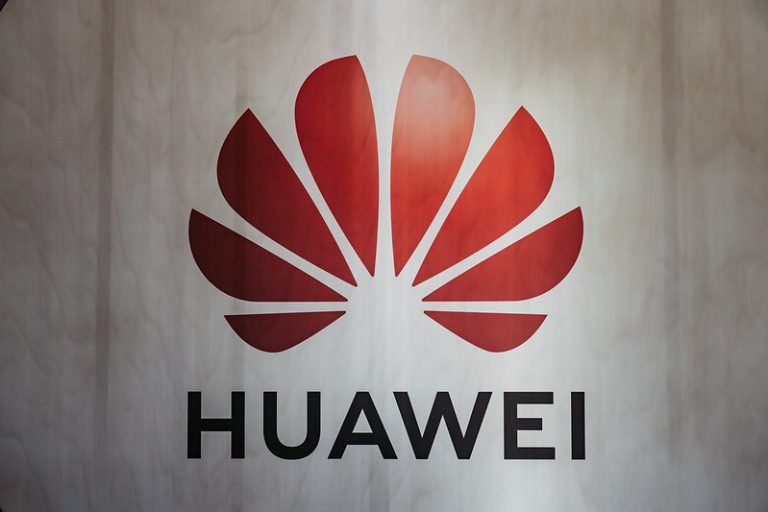 POLICY
POLICY
 POLICY
POLICY
 POLICY
POLICY
Huawei Technologies Co. Ltd. has teamed up with China’s leading chipmaking firm, Semiconductor Manufacturing International Corp., to build an advanced, seven-nanometer processor that sits at the heart of its latest flagship smartphone.
A teardown of the new device issued today by analysts from TechInsights Inc. shows that the Huawei Mate 60 Pro is powered by a new Kirin 9000s chip that was made in China by SMIC, using what appears to be an entirely domestic manufacturing process and components.
Huawei launched the Mate 60 Pro smartphone in China last week, and though it didn’t provide much information on the capabilities of its chipset, the company claimed it’s capable of making satellite calls and other advanced functions.
TechInsight’s report said the chipset is the first to be made using SMIC’s most advanced seven-nanometer technology process, Bloomberg reported. It suggests that China’s government and leading technology companies are making good progress in their efforts to build up a domestic chip ecosystem. In the past few years, China and its biggest technology companies have been slapped with numerous sanctions and restrictions that make it difficult for them to procure the most advanced, Western-made semiconductor technologies.
Numerous buyers of the Huawei Mate 60 Pro have posted teardown videos on Chinese social media platforms, sharing results of speed tests that suggest the device is capable of faster downloads than many top-line 5G smartphones.
The launch of the phone has caused a huge stir on Chinese social media platforms, with many users noting that it coincides with a recent visit to the country by U.S. Commerce Secretary Gina Raimondo.
The U.S. restrictions on China began in 2019 under the administration of former President Donald Trump, and were initially designed to prevent Huawei and other firms from accessing the most advanced silicon. Since then, the U.S. has introduced even more severe restrictions, preventing a growing number of Chinese firms from accessing the essential tools required to manufacture the most advanced chips.
The restrictions have curtailed Huawei’s ability to launch 5G smartphones, and it has been able to sell only limited batches of them using stockpiled chips. However, Reuters reported in July that Huawei would debut a new 5G smartphone by the end of the year, based on its own progress in semiconductor design tools developed in partnership with SMIC.
According to Holger Mueller of Constellation Research Inc., the story, if it proves to be true, shows that one effect of the U.S. sanctions has been to send China’s domestic chipmaking industry into overdrive. “If SMIC really has perfected its 7nm process this would be a major advance that can help Huawei remain at the forefront of the smartphone industry,” Mueller said.
Even so, the analyst cautioned that it remains to be seen how many 7nm chips SMIC is really capable of producing. “Making a fast processor is one thing, but doing so at scale and in a cost-effective way is quite another challenge,” Mueller added. “Time will tell if SMIC can really pull this off.”
TechInsights analyst Dan Hutcheson, who led the breakdown of Huawei’s new device, said the findings demonstrate the impressive technical progress China’s semiconductor industry has made without using any extreme ultraviolet lithography tools. “The difficulty of this achievement also shows the resilience of the country’s chip technological ability,” the analyst added.
However, the analyst said SMIC’s ability to manufacture 7nm chips may result in even harsher sanctions against it. “It is a great geopolitical challenge to the countries who have sought to restrict its access to critical manufacturing technologies,” Hutcheson said. “The result may likely be even greater restrictions than what exist today.”
Support our mission to keep content open and free by engaging with theCUBE community. Join theCUBE’s Alumni Trust Network, where technology leaders connect, share intelligence and create opportunities.
Founded by tech visionaries John Furrier and Dave Vellante, SiliconANGLE Media has built a dynamic ecosystem of industry-leading digital media brands that reach 15+ million elite tech professionals. Our new proprietary theCUBE AI Video Cloud is breaking ground in audience interaction, leveraging theCUBEai.com neural network to help technology companies make data-driven decisions and stay at the forefront of industry conversations.